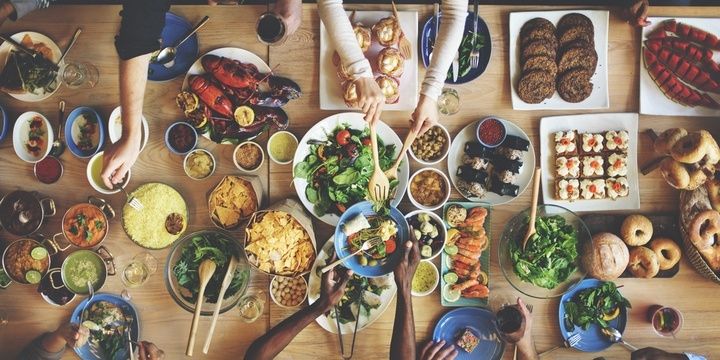
Myths, as a rule, sooner or later turn out to be false. We believe in some certain information about the world around us without realizing it might be wrong. Nowadays people think they know it all about gluten.
The truth, however, is different: there’re lots of facts we do not yet know about this type of protein. Gluten is a bond of two chemicals – gliadin and glutenin. It is found in rye, barley and wheat and has been heavily consumed by people for centuries.
1. Nowadays Wheat Is Richer in Gluten
What we hear on TV and read in the press has made us believe that today’s wheat has much more gluten than it had in the past. We also believe that the food industry keeps creating genetically modified foods in order to make us dependent on some certain chemical substances. You might have heard about the incidence of coeliac disease that occurred last century. Was it caused by wheat genetically filled with gluten? We doubt.
2. Consume Special Food If You Wish to Avoid Gluten
Unless you know you suffer from coeliac disease should you buy special food. The number of people who have gluten sensitivity is really low. More than 93% of population can consume all the regular versions of products they find in supermarkets. Manufacturers of gluten-free food simply make us believe that we need their stuff – how else would they make money if they didn’t try to sell what they produce? More than that, all those gluten-free alternatives are much more expensive. On average, a bag of gluten-free crisps may cost up to five times as much as the regular version.


